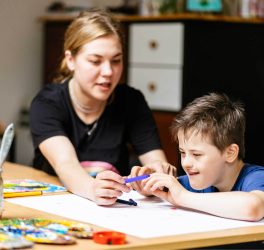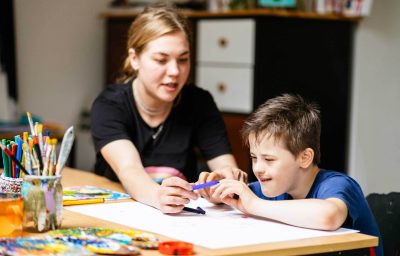
Only 22% of family members and carers of students with a disability in Australia have stated that they received adequate educational support during the pandemic, according to a survey of Australian students with disability and their families during the COVID-19 pandemic.
Many respondents in the survey, on behalf of Children and Young People with Disability Australia reported being forgotten in the shift to remote learning or being the last group to be considered after arrangements had been made for the rest of the class.
A number of parents and carers said the pandemic period gave them insight into their child’s level of working. This occasionally came as a surprise, as parents discovered with adequate support their child could complete work at a much higher level than the school had recorded.
For others, this period illustrated how little progress their child had been making and the lack of support they were receiving at school. Several respondents said they were considering changing schools or homeschooling their children as a result.
The survey was launched on April 28, 2020, and remained open until June 14, 2020 (nearly seven weeks). It asked questions on students’ experiences with disabilities and their families when schools across Australia had mostly closed.
It also covered the period of transition back to face-to-face teaching for the majority of students.
More than 700 responses and 1,145 text comments. The responses mainly came from family members of children with disabilities. Around 5% of respondents were students with disabilities, and of those, most were high school or university age.
Nearly 80% of respondents said responsibility for education shifted from teachers and schools and onto parents during the survey period.
More than half of respondents said the curriculum and learning materials didn’t come in accessible formats. Parents reported having to do significant work to translate learning materials into a useful format for their children.






